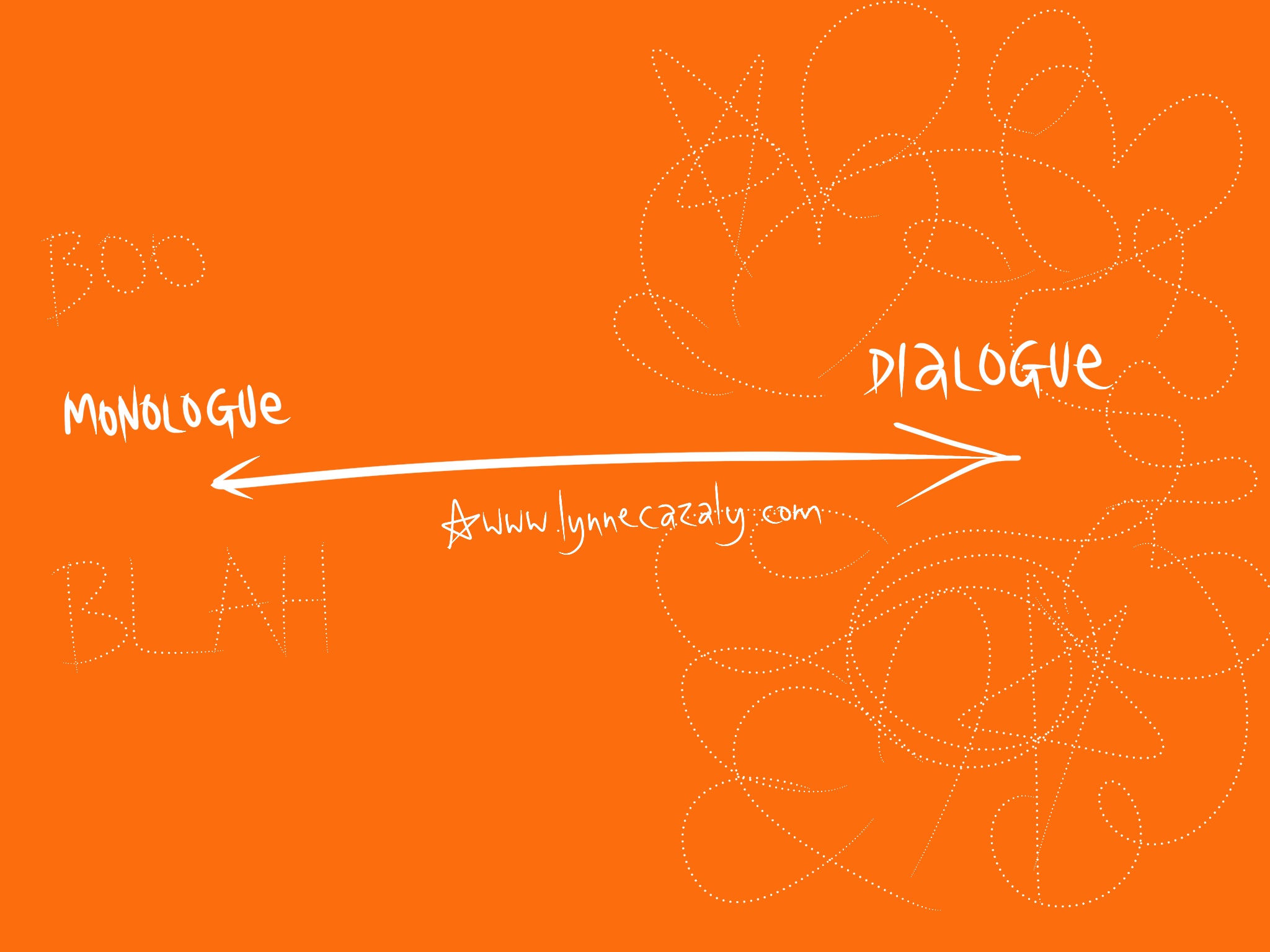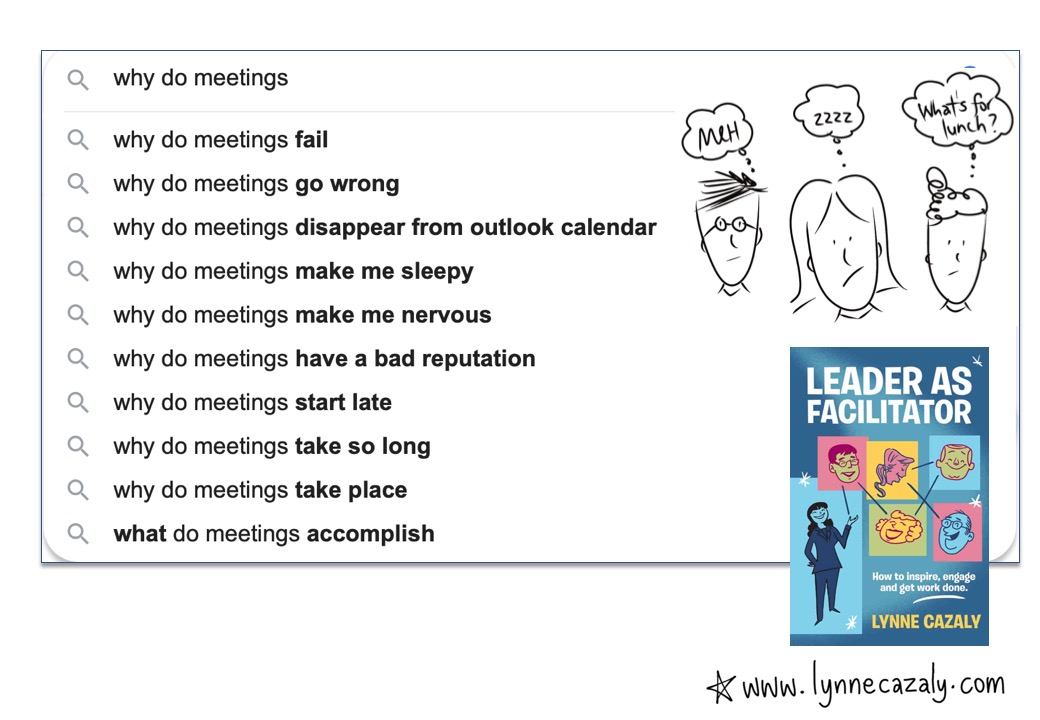Currents, turbulence and disturbed air flows
 Thursday, January 23, 2020 at 9:07AM
Thursday, January 23, 2020 at 9:07AM  We often expect things to be smooth and uninterrupted. I heard a driver shout ‘get out of my way’ to a fellow road user this morning.
We often expect things to be smooth and uninterrupted. I heard a driver shout ‘get out of my way’ to a fellow road user this morning.
It’s a complaint of our time, always expecting a clear path. But not every cruise can be on calm seas; not every flight is entirely smooth. Weather patterns clash and collide and we travel through so much airspace that we’re bound to encounter different situations.
This is most certainly the case in our diverse workplaces and communities. It happens in teams, in projects … even in meetings. We have a rich mix of styles, types, modes, preferences and behaviours. All colliding. And we need to be able to make progress with them, not against them.
What’s going on in your team or project may not be permanent. It may just be a passing current, passing weather, a ripple or ruffle from something else. Don’t be too quick to smooth it.
In becoming better facilitators of processes and people, we can learn how to go with currents. Just like a rip in the ocean or at a surf beach, fighting it is tiring, pointless, dangerous. Going with it usually takes you to another exit point, another way of exploring it, solving it and surviving it.




















